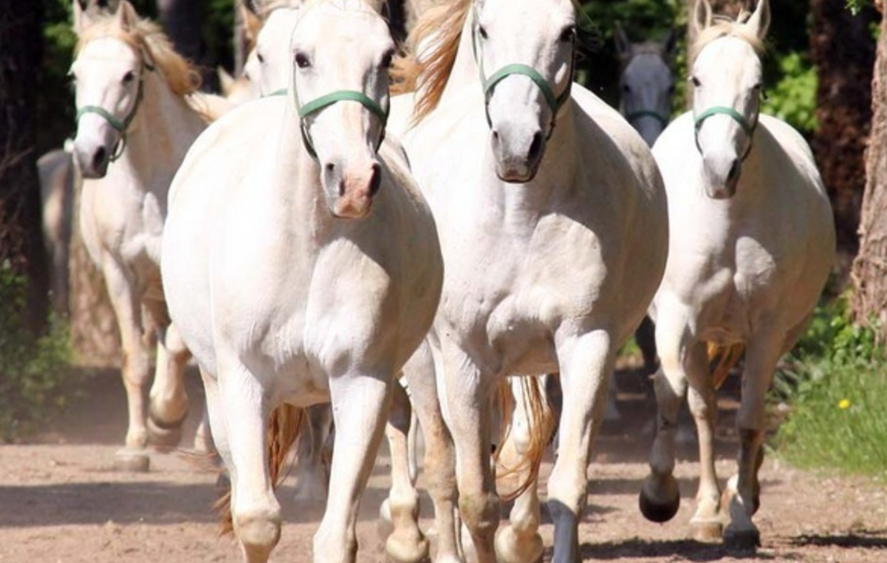
Most of the 960 metric tons required have already been purchased, but the stud farm is still 200 tons short. Representatives of the farm insist that the needed hay will be brought in before springtime. They have set aside 115,000 euros for the hay, a price which corresponds to the average price of hay on the market, which hovers around 120 euros per metric ton – 140 euros with the transportation costs. The offer applies both to local suppliers and farmers across the border.
Mirko Martinčič, who has supplied the Lipica Stud Farm with hay for the past 30 years, believes that the problem could be solved with long-range supply contracts. "Lipica, a co-op, or someone else should sign at least a five-year supply contract that would set the purchase price at 12 cents per kilo, regardless of the quantity of hay required," he explains.
Hay to be imported
So far, the Lipica Stud Farm has bought 760 metric tons from local farmers and a supplier in Italy. It still needs 200 tons. The stud farm estimates that enough hay is available in the Karst region, but its management has decided to check the quality and the price of hay from other suppliers in Slovenia, Croatia, Austria, Germany, and Italy. In recent days, they have visited a farm in Croatia's Istria region, but have not yet decided to purchase the hay. Representatives of the Lipica Stud Farm explain that they check each bale of hay separately and register the supplier's data, thereby ensuring that the hay is traceable. All the needed hay will be purchased before springtime. The stud farm is calling on all local suppliers that still have this year's hay to contact the Lipica Stud Farm's purchasing department.


































































